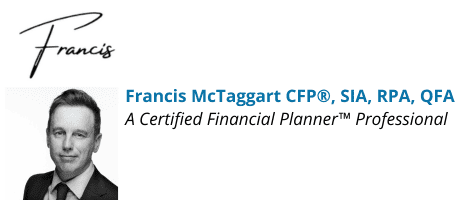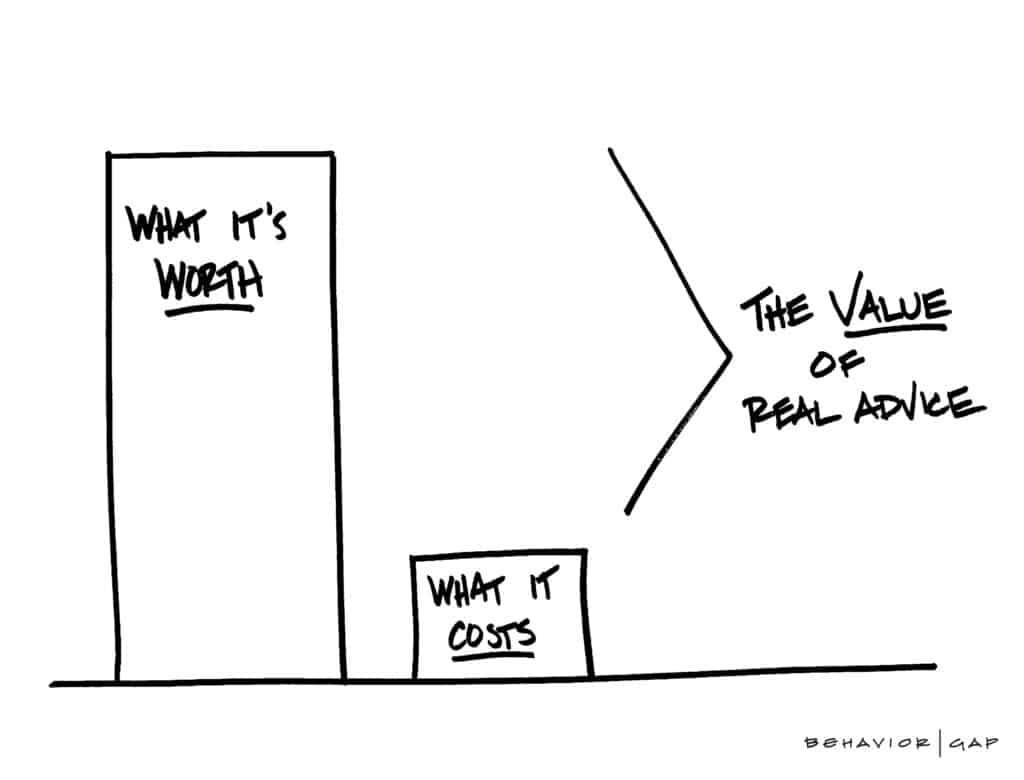Financial Planning Priorities in Your 60’s
This week we’re moving on from the 50’s into the 60’s.
What should one be prioritising in their finances as they hit the retirement years?
Your 60’s
For most of us, our 60s tend to be dominated by the transition from working to retirement.
It’s a major transition in life.
Right up there with moving out of our parent’s house, buying your first home, or getting married.
Importantly, it takes good planning to get it correct.
Consider the following money moves as you navigate your 60s and map your personal finances.
Create a Budget
As always, start with a budget.
If you don’t know what’s going out to where, how can you plan?
Click here and learn more about creating your budget and download our free budget template.
Priority #1 Plan! Know your requirements in retirement
Transitioning from employment to retirement is huge.
Both psychologically and financially.
Focusing on the financial side, if you haven’t done any proper planning, how do you know you’ll manage?
Do you know how much money you need to retire?
Plan out your desired annual budget in retirement.
Include everything from housing to transportation, food to entertainment, and holiday gifts to travel.
Without a doubt, it’s important to know what you need in retirement financially and match that up to what you’ll have.
Priority #2 Plan for inflation
Inflation and unexpected events can significantly affect your retirement savings.
Despite the sharp increase in inflation this past while, we recommend planning for a long-term inflation rate of 2.50%.
This means the cost of goods and services has been rising by 2.5% every year.
What will this mean to you in your retirement and your income?
This is one that’s regularly missed by the population, never considered.
Ignore it at your peril, inflation is a silent killer of money.
It’s important that you build this into your retirement plans to get a full picture of your future finances.
Every financial plan has to factor in inflation.
Priority #3 Review your life insurance
Any life insurance policies you hold, look at these versus your needs.
Life insurance is typically to benefit your dependents and makes sense if you have dependents.
However, as we get older, there is less dependency on us from those who were dependent on us when the policies were taken out.
It’s not unusual to be in a comfortable position to get rid of life insurance and shell the needless cost in retirement.
Get a second opinion, or talk to a financial planner.
Priority #4 Pay off your mortgage and eliminate crappy debt
We typically have a mortgage throughout our working years but it’s something you should ideally manage to shake off by the time you retire.
Once you stop working, your income is limited, and you’re better off not having a mortgage payment around to eat up a substantial chunk of it.
Would you like to be paying a mortgage out of your pension income?
No? Then properly plan to not be.
Crappy debt like credit cards, credit union loans, and bank loans are worse, high-interest stuff.
Therefore, if you’ve managed to rack up some credit card debt, you’d be wise to pay it off before making your retirement official.
Don’t be fooled by the credit union ads aimed at getting you to take debt on in retirement, there’s only one winner, the credit union.
Priority #5 Plan your retirement age
Think about what age you want to finish up.
Are you someone who wants to get out asap or someone who would be happy working towards your 70s?
There is no right and wrong answer, everyone is different.
Once you have a target age in mind, you can then assess your assets versus the age and what you need.
Also, beware that you can’t count on your employer leaving the choice entirely up to you. Some companies kick workers out at a certain age.
Priority #6 Review your investments & pensions
As you get into your 60s, you take a closer look at your investments.
This can include your pensions and any personal investments.
With pensions in particular, it’s important the asset allocation is in line with your retirement age.
What if you ignored this, never took advice, a 2008 happened and you were heavily weighted towards equities in your pension and our pension decreased by 40% the year before you retire?
Remember that equities require a longer waiting period if there is a prolonged downturn in the market.
Adjusting the mix between cash and equities keeps your retirement plans on a good track.
Priority #7 Maximise your Pension Contributions
Undoubtedly, your pension is the most tax efficient strategy you will have.
Unfortunately, when you retire, you lose access to make contributions and the tax relief available.
As you approach your 60’s, it’s likely your expenses will reduce.
Maybe the kids have left college or are off the payroll altogether.
When you turn 60, you can pay a maximum 40% of your salary to a pension.
And claim 40% tax relief as a higher rate taxpayer.
That’s a 66% immediate investment gain – no investment anywhere will give you that.
You really should be maximising your pension contributions in your 60’s.
Priority #8 Get a handle on your pension retirement options
So you have a pension, let’s assume a defined contribution pension.
Do you know what happens at retirement?
Talk of tax free lump sums, taxable lump sums, annuities and acronyms like ARF’s (Approved Retirement Funds).
Time and again, we get enquiries from people who have received their retirement options from their pension administrator a few weeks before they’re due to retire.
The result? They’re trying to squeeze all of this in in the space of a few weeks.
Give yourself a few years lead in time to get used to these and plan what you are going to do at retirement.
Fail to prepare, prepare to fail.
Fancy an initial crash course? Click here.
Priority #9 Review your estate planning
You should already have a will, but if you don’t, get one drawn up as soon as possible.
You may also want to put some of your assets in trusts or other estate planning tools to ensure your heirs can get them in a timely manner.
While you should start your estate planning basics early in life, when you near retirement, it’s good to do a full overview of your estate planning.
This can include reviewing what insurance you have and whether it’s still needed or if you need more.
You also need to review your estate planning documents to make sure they’re in order and that all of your assets are properly titled.
Do another beneficiary review, especially as assets start to get turned into retirement income.
Priority #10 Business Owner? Plan your tax-efficient exit
If you own a business, you want to get as much out of it as tax efficiently as you can.
Tax-free even if possible!
There are a few of ways this can be done:
- Pension – no limit on employer contributions up to a maximum €2m individual lifetime allowance. Tax free.
- Retirement relief – potential full exemption from Capital Gains Tax (CGT)
- Entrepreneur relief – a reduced rate of CGT
It’s especially important to take proper advice here to maximise your benefits.
Summary
To sum up, retirement is approaching.
That income tap will be turned off.
By doing a bit of forward financial planning, you can reduce the shock when it happens and get yourself on a good footing as you approach.
How we help
We can a help you with this.
We will create a plan specific for you.
From your financial plan, you can see how good, bad, or indifferent your impending retirement looks.
Importantly, it puts us in a position to make any necessary adjustments now before it is to late.
You can schedule your initial financial planning meeting by clicking the link below.
Schedule my initial Financial Planning Meeting
Get in touch
Questions?
Email us at info@fortitudefp.ie or request a callback.
Alternatively, you can get us on 041 213 0307.
Why not visit our insights.
A multitude of information on various financial subjects covering all aspects of saving, investing, financial planning, protection and pension advice.



Our blog posts are intended for information purposes only and should not be interpreted as financial advice.
You should always engage the services of a fully qualified financial planner before entering any financial contract.
To discuss engaging the services of Fortitude Financial Planning please email us at info@fortitudefp.ie.
Fortitude Financial Planning Ltd will not be held responsible for any actions taken as a result of reading these blog posts.









 Production
Production